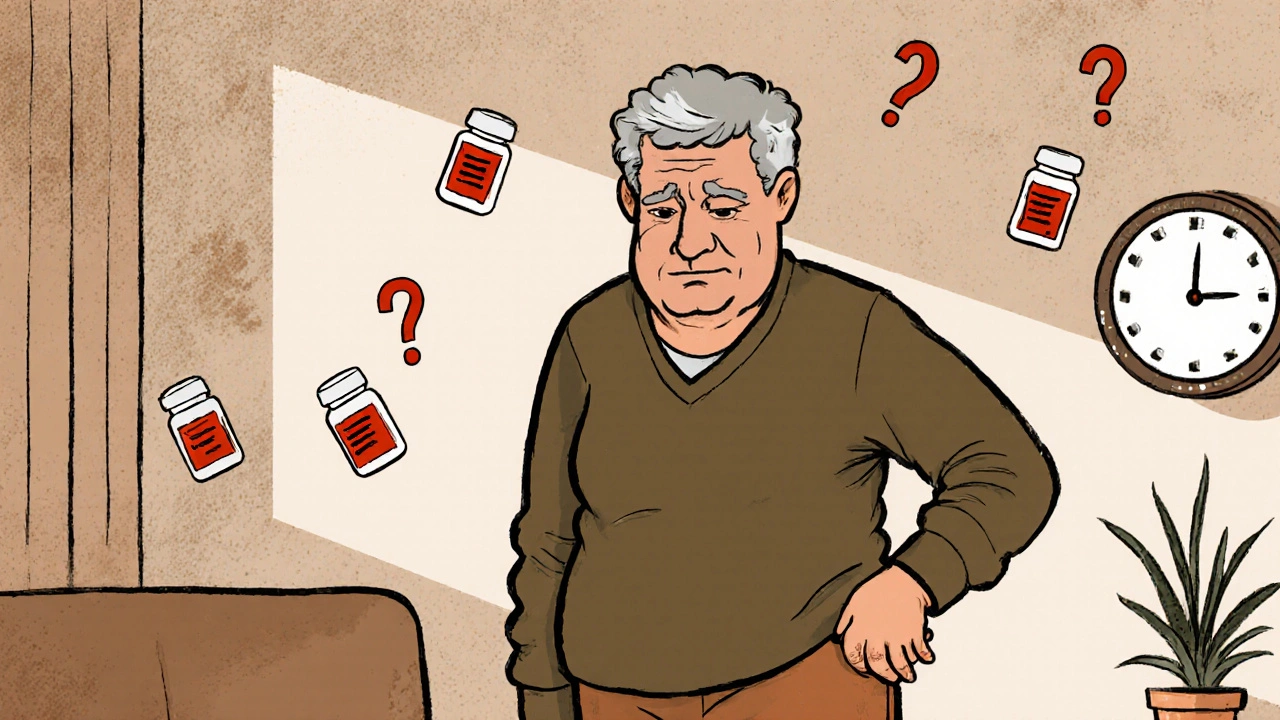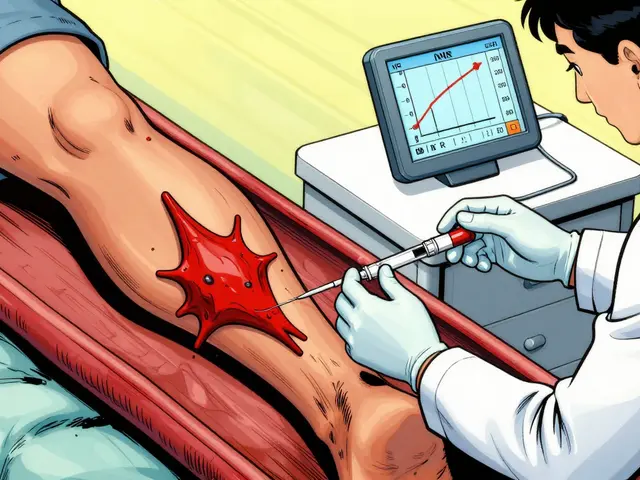Statin Alternatives: Natural and Prescription Options to Lower Cholesterol
When statins, a class of drugs used to lower LDL cholesterol by blocking liver enzymes that make cholesterol. Also known as HMG-CoA reductase inhibitors, they’re the go-to for millions—but not everyone tolerates them. Side effects like muscle pain, fatigue, or liver stress push people to look for other ways to manage high cholesterol. The good news? There are effective statin alternatives, medications and natural approaches that reduce cholesterol without the same side effects as statins. These aren’t just supplements you find on a shelf—they’re science-backed tools used by doctors every day.
Some people turn to ezetimibe, a prescription drug that blocks cholesterol absorption in the gut. It’s often paired with a low-dose statin, but it can work alone too. Then there’s PCSK9 inhibitors, injectable drugs that help the liver pull more LDL out of the blood. These are for people with very high cholesterol or genetic conditions like familial hypercholesterolemia. They’re expensive, but they can drop LDL by 60% or more. And if you’re looking beyond pills, plant sterols, natural compounds found in fortified foods that compete with cholesterol for absorption. have been shown in clinical trials to reduce LDL by 10–15% when taken daily. You’ll find them in some margarines, orange juice, and supplements.
Don’t overlook lifestyle. Weight loss, walking 30 minutes a day, and cutting refined carbs can do more than some meds. Fiber from oats, beans, and flaxseed pulls cholesterol out of your system. Omega-3s from fish oil don’t lower LDL much, but they help triglycerides—and heart health overall. Turmeric and garlic have small studies behind them, but they’re not magic bullets. What matters is consistency. You don’t need to be perfect, just steady.
Many of the posts below dive into how medications interact, why some people respond differently, and what actually works when standard treatments fail. You’ll find comparisons between drugs like statins and their alternatives, real-world data on side effects, and even how genetics play a role in how your body handles cholesterol-lowering meds. Whether you’re trying to avoid statins entirely or just need a backup plan, the information here is practical, no-fluff, and built for real people making real choices.






